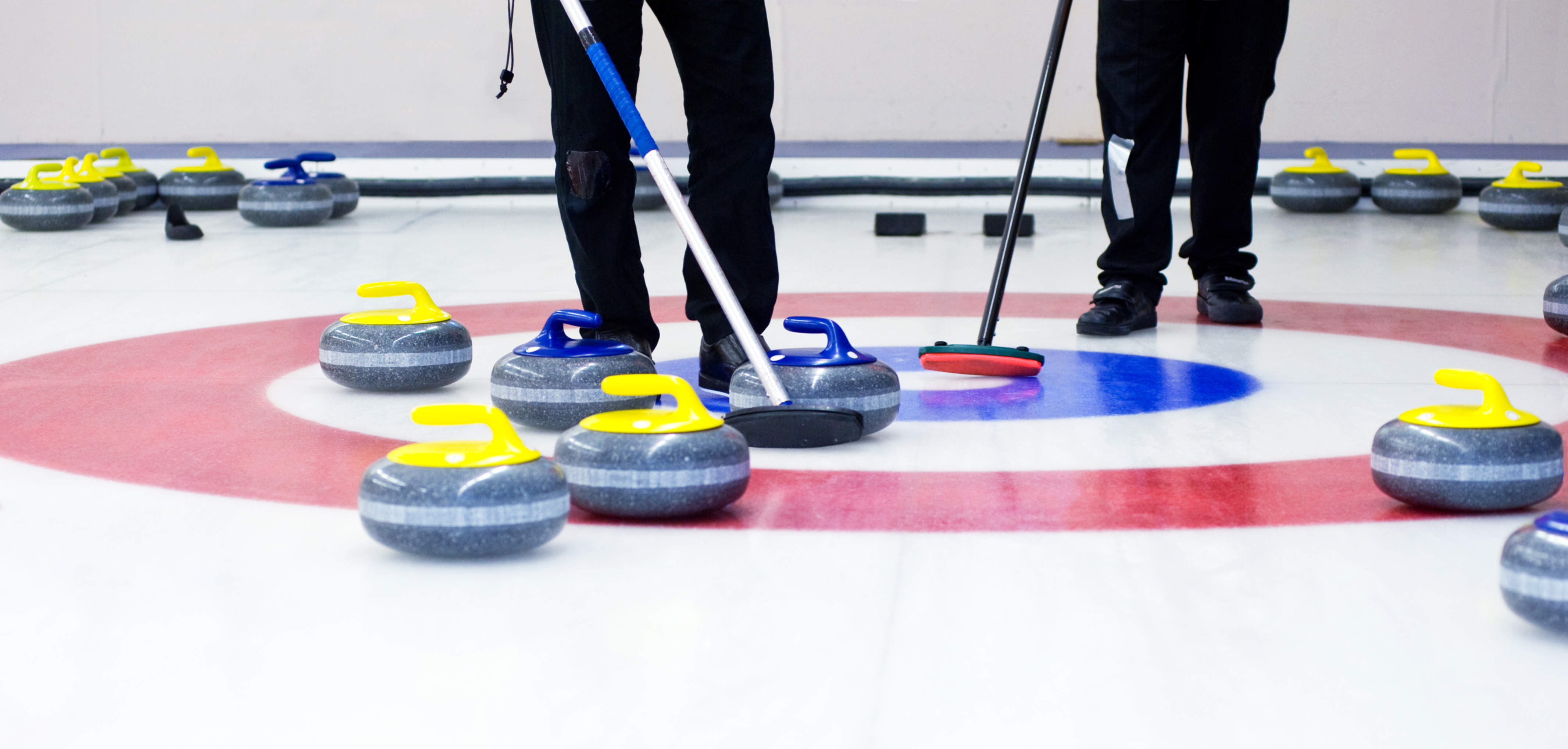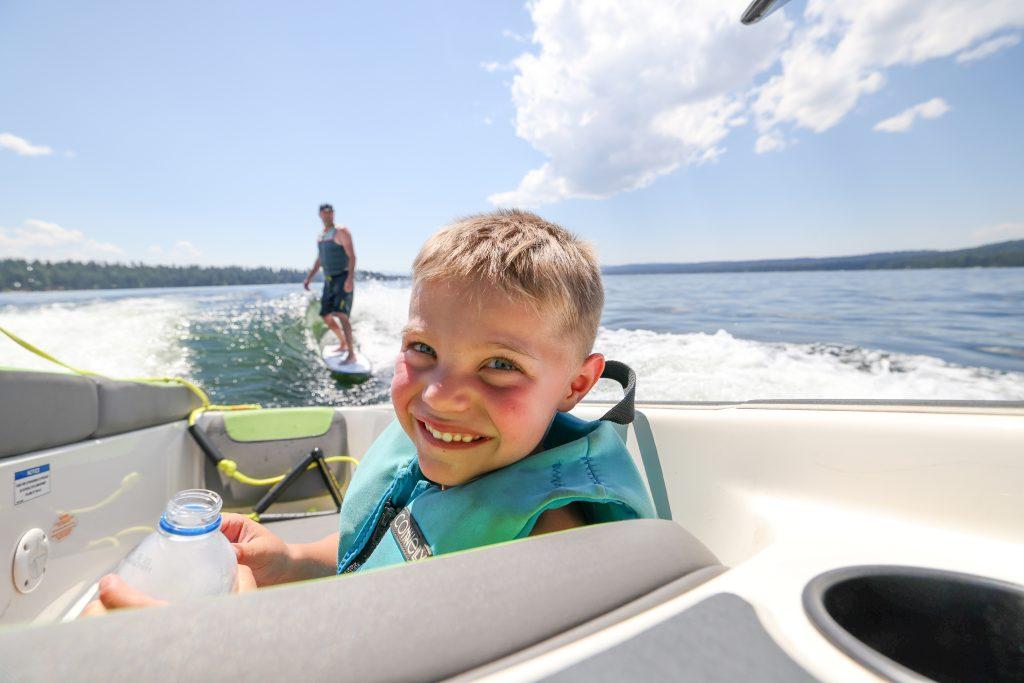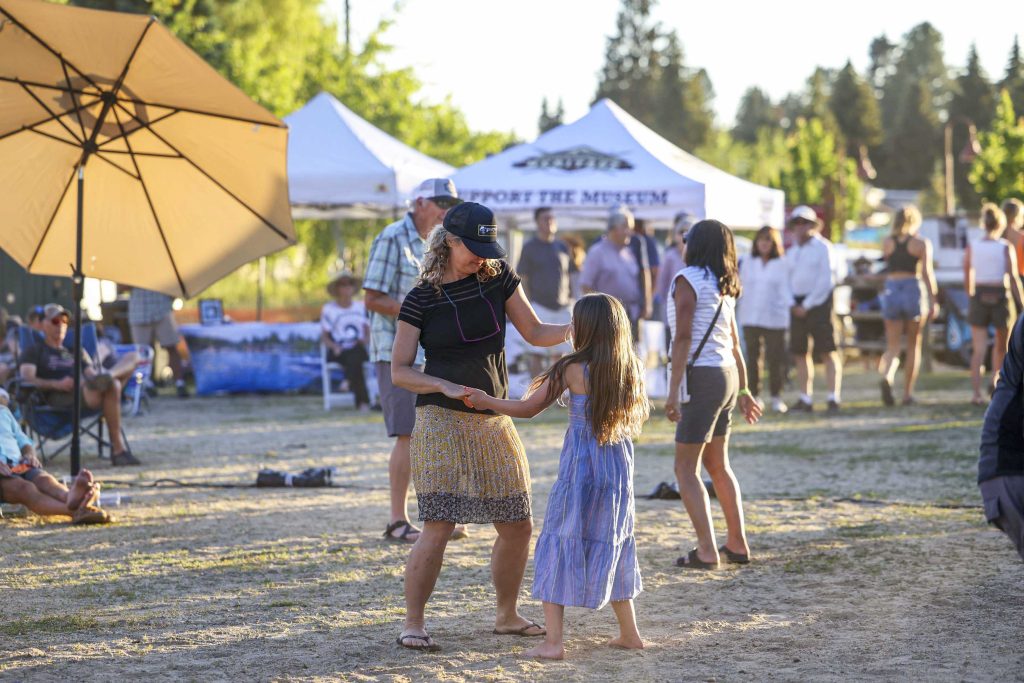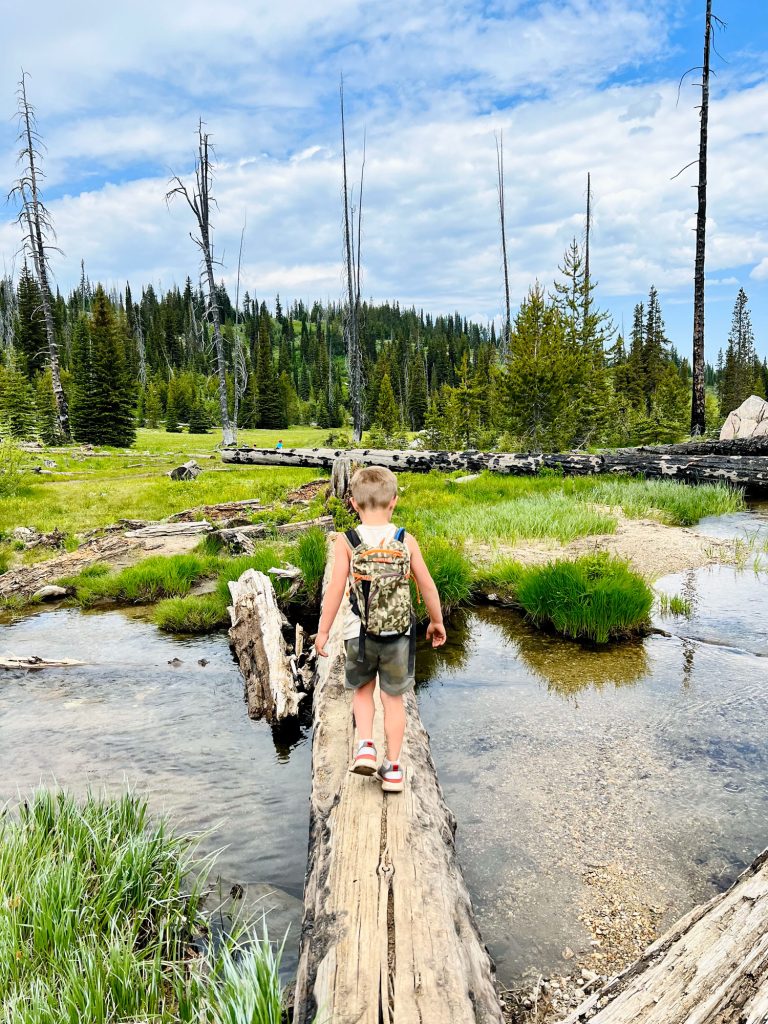The sport of curling is a bit of a mystery to most. An ice sheet with a bullseye, people lunging with large stones, unknown hand signals cast with some yelling, and a scoreboard that may as well be Greek, all leave one to wonder what on earth is going on. Is curling a sport? Well, ask a curler and they will let you know that it is, indeed, a sport. The McCall Curling Club has been around for 12 years with Manchester Ice and Event Center as their home since 2004. At their peak post-Salt Lake City, the McCall Curling Club boasted nearly 100 curlers and was the second largest league west of the Mississippi following Seattle. Presently, the club has around 40 members.
Curling began in Scotland during the 16th century and originally was played on frozen ponds. The granite that the stones are made of is quarried in only two parts of the world: Ailsa Craig, an island off the Ayrshire coast of Scotland, and the Trefor Granite Quarry in Wales, adding to the tradition and uniqueness of the sport. These stones are heavy buggers, weighing in at 42 pounds, and crafted to gracefully glide with speed down the ice.
Two teams compete against one another with four players on each team. The ice sheet is approximately 145 feet long, with a 12-foot wide target on either end that looks like a bullseye and is termed the “house.” The objective is to cast the stone down the ice sheet and into the house for points. Beyond the house are starting blocks, called “hacks,” to propel off of. Recreational clubs will play eight “ends,” or rounds, where eight stones are cast by each team, two stones per player. The first player to throw their stone is termed the “lead,” followed by the “second,” then the “vice-skip”, and finally the “skip,” who also is the team leader and directs the shots for the team at the other end of the ice.
A unique characteristic of curling is its self-governance. Curlers are expected to call fouls on themselves when there is a violation and the honor system is highly valued. “Curling is competitive, but it’s one of the few sports where sportsmanship is of primary importance. Etiquette is a huge part of the game,” says experienced curler and McCall Curling Club board member, Laura Crawford. This is one of the many aspects that set curling apart from other sports. Many continue playing for the tradition, mutual respect of fellow curlers, and the camaraderie created. For example, at the beginning of the match, teams will always greet each other by exchanging the words “good curling,” and a handshake with each opponent. At the end of the match, the winning team traditionally buys the losing team a round of libations and they all socialize together for what they call “broom stacking.”
For the McCall area, this is a special sport to have as an option for its residents, especially during the winter when the sun goes down by 4:45 p.m. The curling league season begins in early December and runs through the end of February. Their annual bonspiel tournament, called “Rocktoberspiel,” occurs in October where teams travel from all-over the country to play here in McCall. In addition, the club will offer private lessons for those wanting to learn to curl for a fun family reunion activity or a great team-building exercise for a business or group. If you would like more information or to contact the McCall Curling Club, please visit their website: mccallcurling.com.





